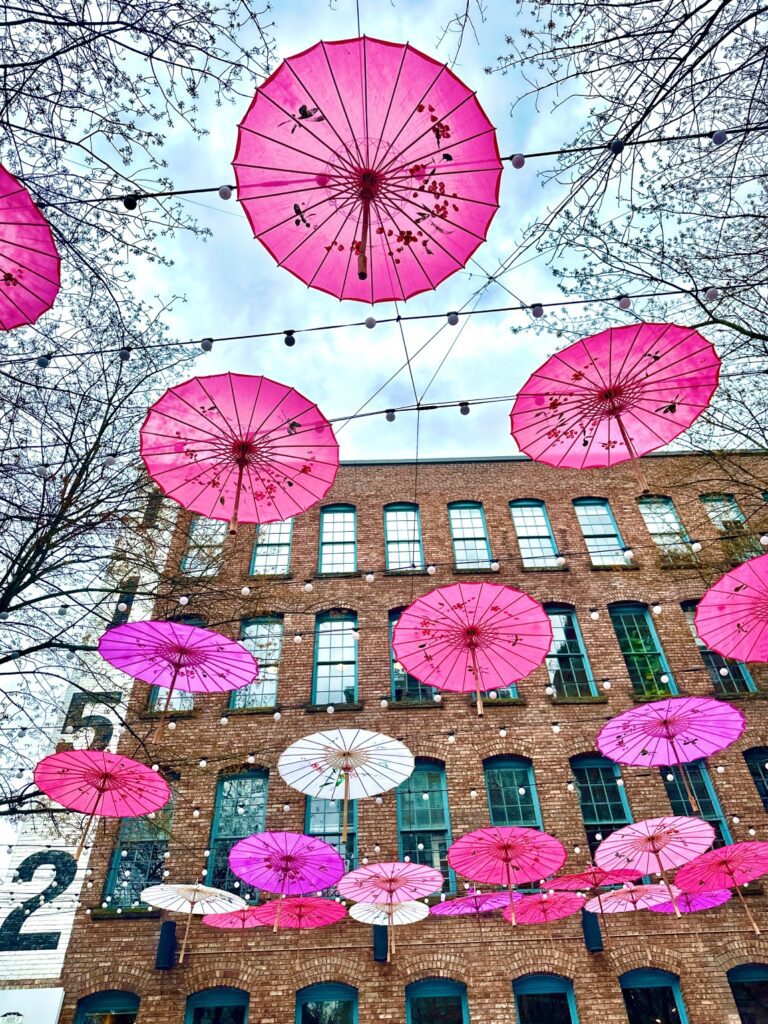Go Green: Consume Less, Produce More

We live in a consumer culture. Consuming what you need is not necessarily a bad thing, but we know that consuming an excess of energy, food or raw materials is hard on the environment and unsustainable in the long term. It’s tempting to try to go green by simply buying products with a “green” story on the label, but going green can be more profound and meaningful than that. By producing more of what we need to meet our needs, we consume less overall, especially when so much hidden energy consumption that goes into making processed foods or other consumer goods. Here’s what producing instead of consuming might look like.
Grow Your Own Greens
Let’s say you love eating fresh baby salad greens, especially the kind that come pre-washed in a nice plastic box. They’re organic, so you might feel your spending is going towards agricultural practices that support the health of the earth and that’s a good, green thing to do. While it’s true that buying organic salad greens is better for the health of the soil and the farm workers than conventionally grown greens, the energy required to grow, process, package and transport those greens is far more energy than the calories your body consumes when you eat them. Growing baby salad greens in a window box, raised bed or scrap of lawn with the sod dug up takes all the petroleum-based energy consumption out of the equation, leaving you with a tasty, local, seasonal salad grown by the light of the sun. Go green and eat your greens.
Backyard Chickens
Raising hens in your backyard is another great way to go green by producing instead of consuming. The plight of the battery hen is well known, and here in Vancouver we’re lucky to have a Backyard Chickens bylaw that permits households to have up to four hens in a backyard enclosure. Backyard hens will happily eat grass, bugs and food scraps in addition to chicken feed while they forage in your yard. You end up with happy chickens, more nutritious eggs and less energy consumed overall.
Repurpose and Upcycle
There are many other opportunities to produce instead of consume when it comes to clothes, furniture, building materials and even arts and culture. Can you fix something instead of replacing it? Can you polish up an old dresser with a fresh coat of paint? Can you make what you need with recycled materials instead of buying new? What if you created some art with your family instead of going to the movies? Producing instead of consuming may pose a few challenges and opportunities to problem-solve, but it’s a great way to learn new skills, strengthen ties with other people in your community and gain confidence in your ability to make, grow or build things as you go green.
Smart Small as You Go Green
Producing instead of consuming can be energy-intensive, but you don’t have to take on every aspect of your life at once. Start small. Choose to produce things that are meaningful for you, or which you enjoy the process of making them. Invite your kids to participate! Kids especially like learning to make things that contribute in a real way, like food that will be eaten and shared with others. Check out the Homesteader’s Emporium for more information, support and supplies to help you get started as you go green.
Michelle Carchrae is often asking those important life questions: "who moved the scissors?", "how would you do that differently next time?" and "are you finished with the glitter glue?" Homeschooling two girls, ages 6 and 3, is her full time job. The rest of the time Michelle can be found blogging at The Parent Vortex, hiking in the forest or knitting and reading simultaneously. She recently published her first ebook, The Parenting Primer: A guide to positive parenting in the first six years, and moved to Bowen Island.


















